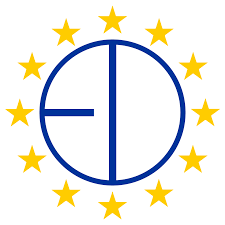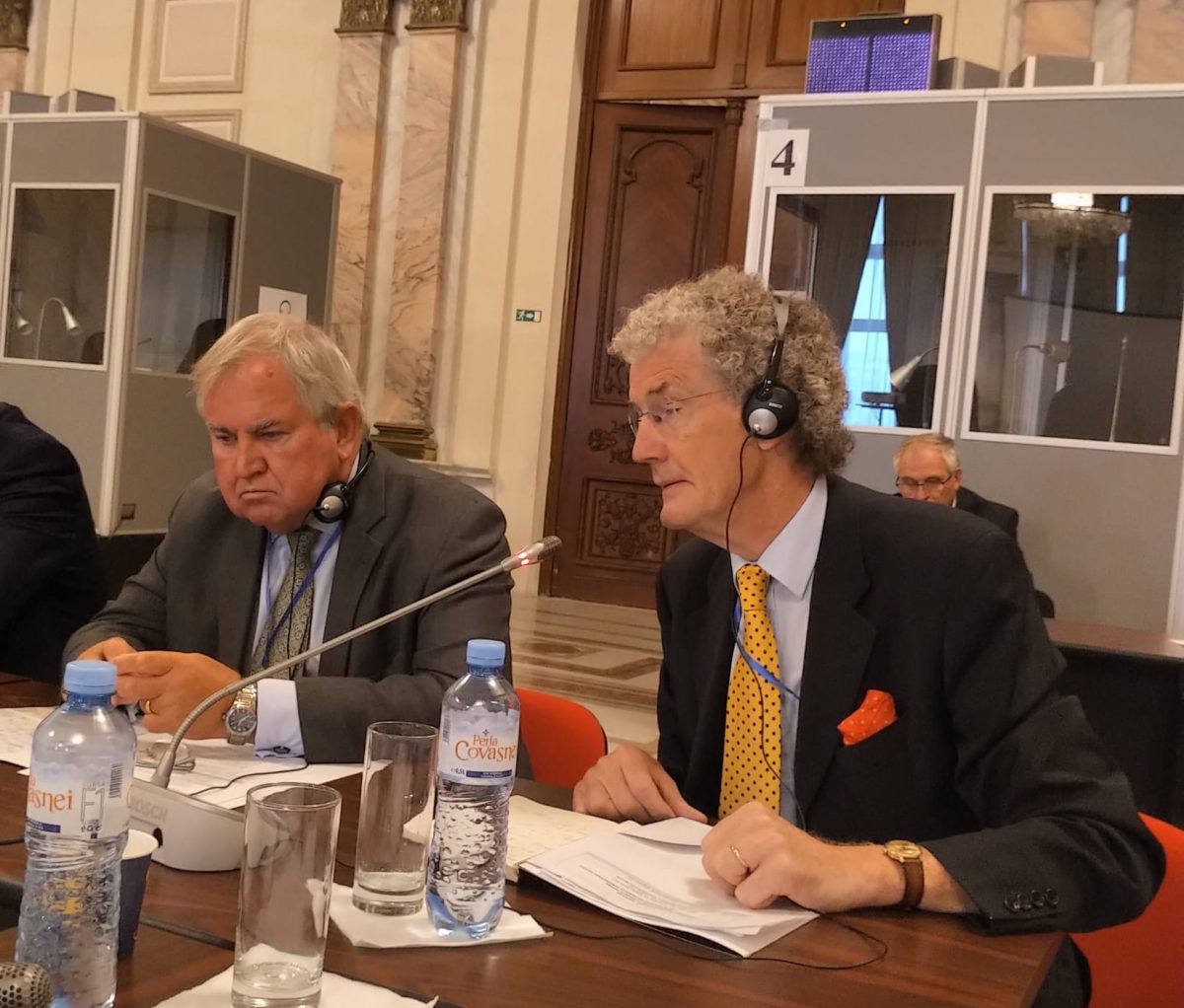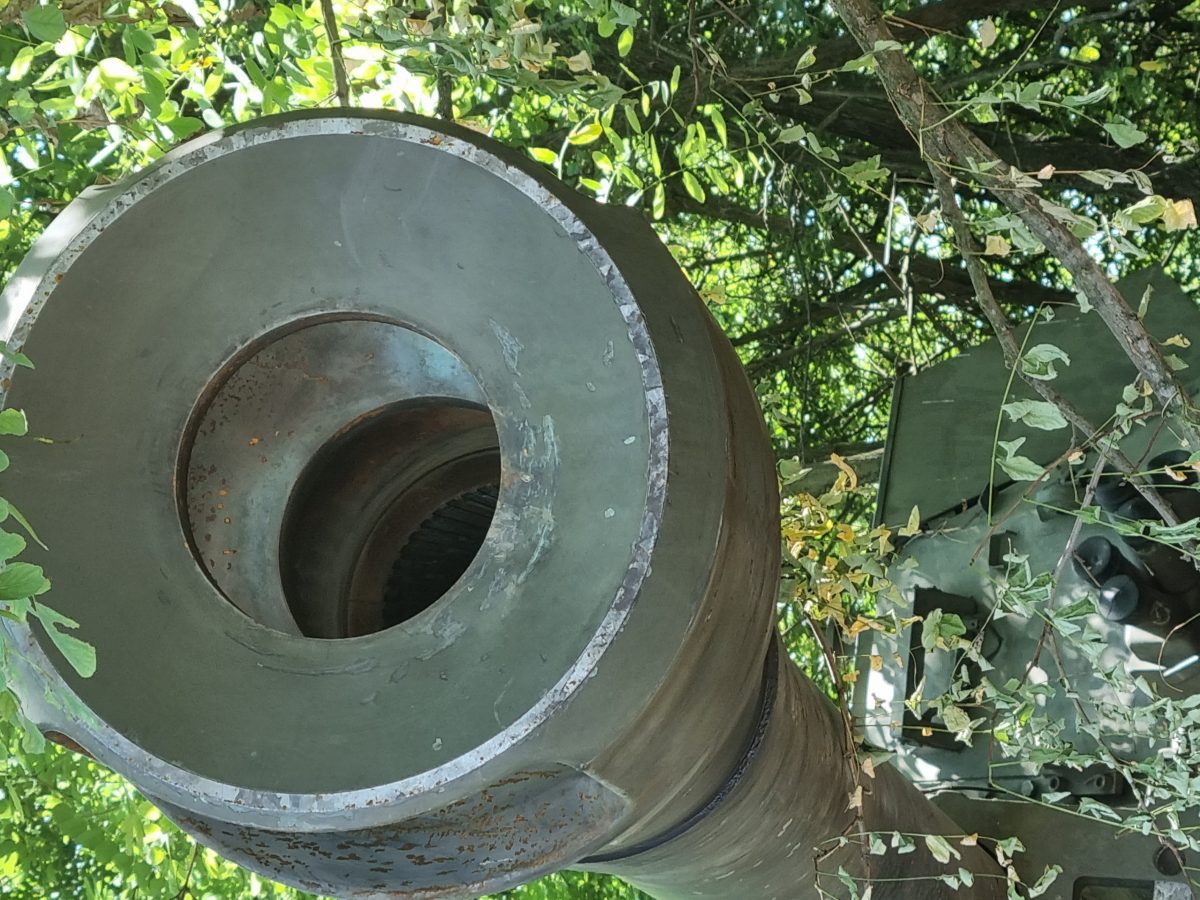Author: Robin Ashby, Secretary General Eurodefense-UK
In June 1941, with Britain standing alone against Hitler, Winston Churchill famously said: “Give us the tools, and we will finish the job.” But that promise relied on more than courage—it depended on a reoriented economy and an agile defence industry that could deliver speed, scale, and innovation under pressure.
Today, we face a similar challenge. Only now, the tools we need are not just tanks and aircraft but software-defined systems, multi-domain capabilities, resilient supply chains, and the human talent to operate and evolve them. We also face a hard deadline. Not a speculative horizon, but a rapidly approaching point: 2027.
In recent months, senior leaders from NATO capitals have begun to treat 2027 as more than a milestone—it is the year by which Russian forces are expected to regenerate sufficient offensive capability to pose renewed threat to European stability. This estimate, echoed by figures such as William Hague and EU Defence Commissioner Thierry Breton, has catalysed a growing realisation: if Allied defence and industrial systems remain as they are—slow, fragmented, and reactive—we will not be ready.
In June 2025, I delivered a speech at a NATO Fringe Meeting in The Hague hosted by the Turkish Atlantic Association. My message was clear: we are not moving fast enough. What’s required now is a wartime mindset in peacetime conditions. Not panic—but purposeful urgency.
Here, I want to expand those remarks into a wider reflection for the defence and security community—particularly those in government, industry, and uniform—who recognise that the battlespace is changing faster than we are.
1. The Speed Gap Between Innovation and Acquisition
We have never had more innovation flowing from commercial and defence-adjacent sectors. Startups are producing rapid advances in AI, autonomy, cyber, and space tech. But our systems of procurement, certification, and deployment remain stuck in a bygone era.
Consider DragonFire—a British directed energy weapon originally scheduled for service in the 2030s. Through focused collaboration and political pressure, it’s now on track for initial capability by 2027. This isn’t just an outlier—it’s proof that when we cut through bureaucracy and back industry decisively, we can move at speed.
History echoes this lesson. In 1938, Britain had just 30 Spitfires. By the end of 1940, we had over 2,000. More than 20,000 were produced by the end of WWII, powered by a restructured industrial base. Shadow factories, subcontractors, and integrated design pipelines accelerated delivery.
We need a modern equivalent: modular design, digital twins, adaptive manufacturing, and government-industry operating models that support rapid development without sacrificing rigour. Speed and safety must coexist.
2. Fragmentation is the Allied Blind Spot
NATO’s biggest advantage should be scale and interoperability. But in practice, we are often hamstrung by disjointed national standards, misaligned procurement timelines, and siloed sustainment models.
Our coalition aircraft in a contested airspace may be equipped with NATO LINK 16, US TTNT, French ROVER, and SATURN radios—all of which require bridging, converting, or simply avoiding. The result? Reduced effectiveness, wasted time, and operational risk.
By 2027, we need an agreed Allied interoperability framework: shared architectures, co-developed components, export assurances, and transparent system roadmaps. This isn’t just a technical exercise. It’s a matter of trust, political will, and shared deterrence credibility.
Multinational testbeds and joint digital simulations can help—but only if we also align sustainment, spares, and training pipelines. This means procurement by design—not by convenience.
3. Talent is the Disappearing Edge
Defence innovation, production, and sustainment depend on highly skilled people—scientists, software engineers, data analysts, systems integrators, nuclear engineers, composite welders, precision machinists. Yet across the Alliance, we are losing them to commercial tech, retirement, and inertia.
We cannot build a resilient industrial base without tackling this head-on. That means:
- Restoring pride and purpose in defence-related careers
- Incentivising apprenticeships and scholarships in priority disciplines
- Creating modern, flexible employment models
- Providing long-term upskilling pipelines, not short-term hiring sprees
- Ensuring fair ownership models for innovation and IP
The UK’s WWII Air Transport Auxiliary—the “ATA girls”—ferried aircraft across the country under dangerous conditions. Many had never flown those types before. They learned by doing, driven by necessity. Today, our battlespace may be more digital than physical, but it still demands that same spirit—and far better preparation.
4. Supply Chain Resilience: From Afterthought to Capability
The wars in Ukraine and Gaza, and the COVID-19 pandemic before them, have shown us how fragile the globalised “just-in-time” model really is. From semiconductors to rare earth elements, spare parts to basic propellants, our logistics chains are vulnerable to shocks and manipulation.
For too long, supply chain resilience has been treated as a background issue. It is, in fact, a frontline capability.
By 2027, every Allied nation should have:
- Mapped its industrial dependencies across critical components
- Stockpiled essential items based on real demand data
- Developed surge contracts and sovereign onshoring capacity
- Built dual-source options into key designs
- Invested in supply chain telemetry and real-time risk modelling
Governments, as monopoly buyers, must lead this. The free market alone will not deliver resilience. Strategic contracts and readiness-based incentives must fill that gap.
5. The Role of Government: From Procurement to Partnership
We often speak of “industry” as if it operates independently from state direction. But in defence, governments are not just customers—they are partners, planners, and enablers.
That role must evolve. Instead of issuing capability requirements and waiting years for delivery, governments should:
- Set clear, timed targets for key capabilities
- Fund scale-up and experimentation simultaneously
- Streamline acquisition pathways without sacrificing accountability
- Use multi-year funding to unlock private investment
- Back international co-development with shared IP protocols
This is not a call for nationalisation. It’s a call for strategic orchestration.
6. Intellectual Property and Sovereignty: Smarter Sharing
Finally, the thorny but essential question of IP and sovereignty. Nations are rightly protective of key technologies—but when this becomes an excuse for duplication and delay, we all suffer.
We need new models: escrowed IP, joint development incentives, co-licensing regimes, and real deterrents against misuse. The Eurodrone’s sluggish progress offers a cautionary tale. AUKUS Pillar II, despite political turbulence, offers a more promising template for trusted collaboration.
We cannot afford to relearn this lesson by 2027. We need to act on it now.
Conclusion: The 2027 Test
2027 is not far away. Reconstituted adversaries, accelerating technologies, and increasingly contested global norms mean that time is now our most strategic resource.
To be ready, we must:
- Reform procurement for speed and flexibility
- Align standards and schedules across Allies
- Win and retain the next generation of defence talent
- Harden our supply chains against disruption
- Treat government as a strategic partner, not just a buyer
- Balance sovereignty with smart collaboration
We have done it before. In the 1940s, against far worse odds, the Allied nations mobilised their economies, their industries, and their people to defeat tyranny. The world is watching to see if we can summon that resolve again—before we are forced to learn the lesson the hard way.
The tools must come first. Only then can we finish the job.


